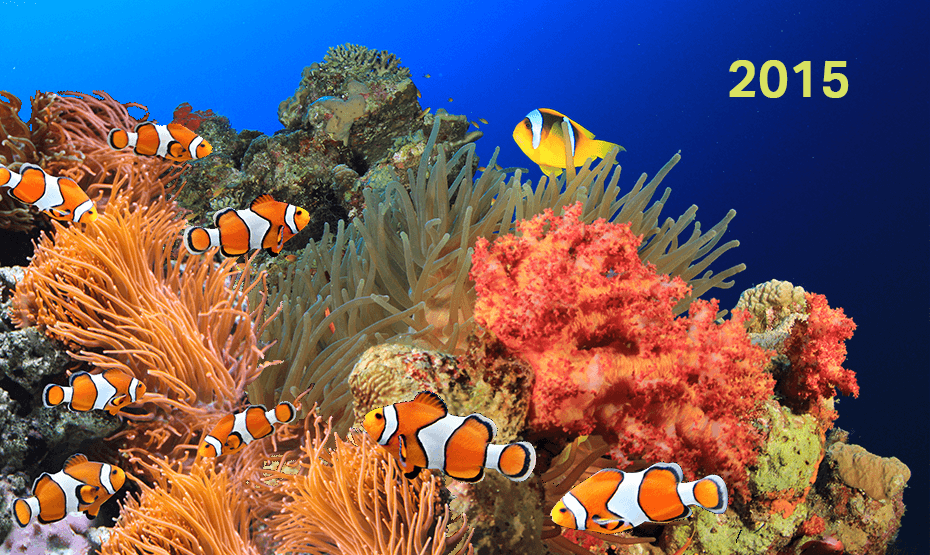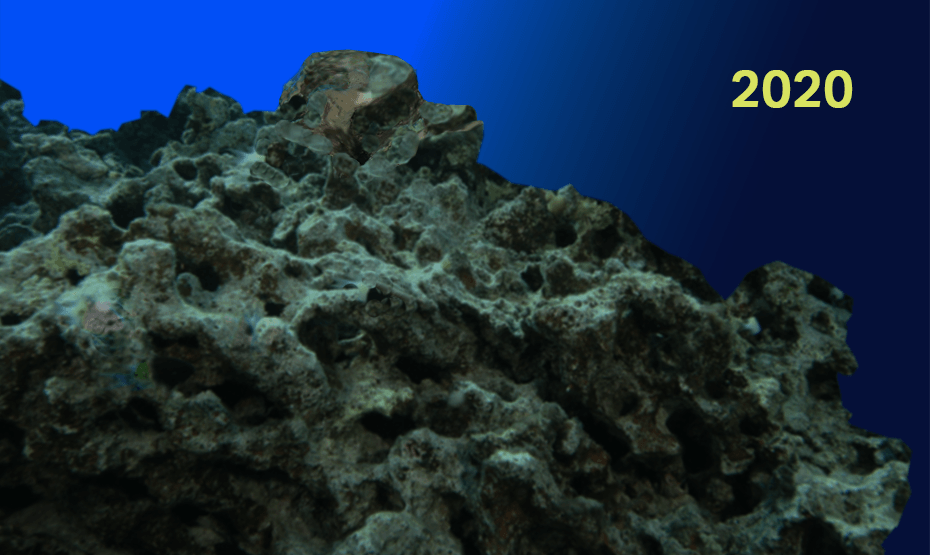In view of the woeful lack of news about the environment in mainstream media, we have decided to offer quarterly updates of the most important environmental developments around the world. Certainly in times where humanity has become completely obsessed with a single - and relatively minor - disaster, it might be worth reminding everyone that we are facing threats to our existence that are vastly greater than a disease that has so far killed less than 0.005% of the world populaton.
2020 Q1: Nearly all environmental indicators are still moving in the wrong direction
Global warming
After 2019 had proven to be the second hottest year on record (narrowly beaten by 2016), 2020 started in the same ominous vein.
- January 2020 was the hottest January on record
- February 2020 was the second hottest February on record
- March 2020 was the second hottest March on record
Naturally this heat was reflected in many actual events all across the world.
Wildfires had already increased globally in 2019 (400,000 more than the year before). The new year started with fires blazing with unprecedented ferocity in Australia, ultimately burning more than 11 million hectares, killing an estimated 3 billion animals and a countless number of insects, whose importance to life on earth is routinely ignored but may prove the greatest and most damaging loss of all.
Warming also affected the oceans, where temperatures reached record highs in 2019 according to a study published in January 2020. This is extremely serious because warmer oceans have many detrimental effects. They include rising sea levels, lower oxygen levels, faster melting of ice (which further increases warming), coral bleaching, acidification, reduction of the oceans' ability to absorb CO
2, and more.
One of the most acute effects of warmer seas is coral bleaching. In March 2020 Australia's Great Barrier Reef suffered its third major bleaching in 5 years, in several respects the worst ever. This means that the reef has little chance of surviving for much longer, unless global warming is reversed.
As other coral reefs around the world are facing the same problem, their total destruction is now just a matter of time. The consequences will be horrendous. Not only are they the richest ecosystems in the world, breeding grounds for numerous species of marine life, they also support over 500 million people directly.
Melting ice is another dire consequence of global warming. In 2019 glaciers all over the world, from the Arctic to the Antarctic and from Alaska to the Himalayas were found to be melting at accelerating rates. This, too, continued in 2020. On 6 February weather stations recorded the hottest temperature on record for Antarctica, 18.3ºC. The heatwave lasted for a week and led to widespread melting on nearby glaciers.
In particular the loss of the Himalayan glaciers would be a major threat to humanity, because about 2 billion people depend on them for drinking water and irrigation.
Deforestation
At the beginning of 2020 forests were again being ravaged by logging, especially in the Brazilian Amazon, where deforestation increased sharply in January, claiming 284 square kilometres, more than twice as many as in January 2019. This means that the whole Amazon is rapidly approaching a tipping point, from which it will never recover, with dire and far-ranging consequences for all the Americas.
Overpopulation
This catalyst of all our other problems keeps on growing. In the first quarter of 2020 another 21 million people were added to the ravenous masses already depleting the planet's dwindling resources.
CO2
Concentrations of this major greenhouse gas continued their relentless build-up in the atmosphere:
- January 2020 vs 2019: 412.30 vs 410.47 (estimate)
- February 2020 vs 2019: 414.11 vs 411.75
- March 2020 vs 2019: 414.50 v 411.97
Miscellaneous
- On January 29 the British daily newspaper The Guardian became the first global news organization to ban an advertisement from oil and gas companies.
- In February an English court blocked plans to expand Heathrow Airport by declaring them illegal because they clashed with the Paris Agreement.
- In March Greta Thunberg denounced plans of the European Union for a climate law as empty words.
- During the first quarter lockdowns caused large reductions in emissions across the world, but they are only temporary and will quickly be offset by efforts to boost economies as lockdowns are eased. China has already returned to its former levels of pollution.
- In March the US Environmental Protection Agency suspended enforcement of environmental laws during the coronavirus outbreak, allowing companies to pollute air and water with impunity by claiming that such violations have something to do with the pandemic.
Final thoughts
Events in the first 3 months of this year clearly demonstrate the severity of the environmental crisis. If no immediate and drastic action is taken, the effects of global warming alone will have a devastating impact on the lives of billions of people. And not in any distant future. Especially the collapse of marine ecosystems could be very near. It goes without saying that this will mean the end of civilization as we know it.
This may very well be our final chance to avoid the worst.
Unfortunately the corona pandemic is proving to be a dangerous distraction, worsened by the panicky and ill-considered response. The crippling cost of the global lockdown may well lead to frantic economic activity later, at the expense of the environment, just when it needs to be protected the most. If that happens, all hell will break loose and we shall be plunged into one disaster after another.
"The warnings about global warming have been extremely clear for a long time. We are facing a global climate crisis. It is deepening. We are entering a period of consequences."
Al Gore




